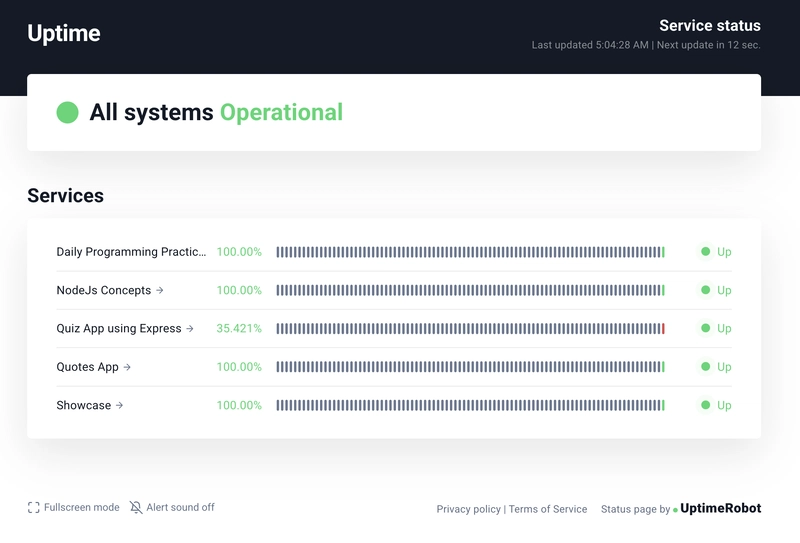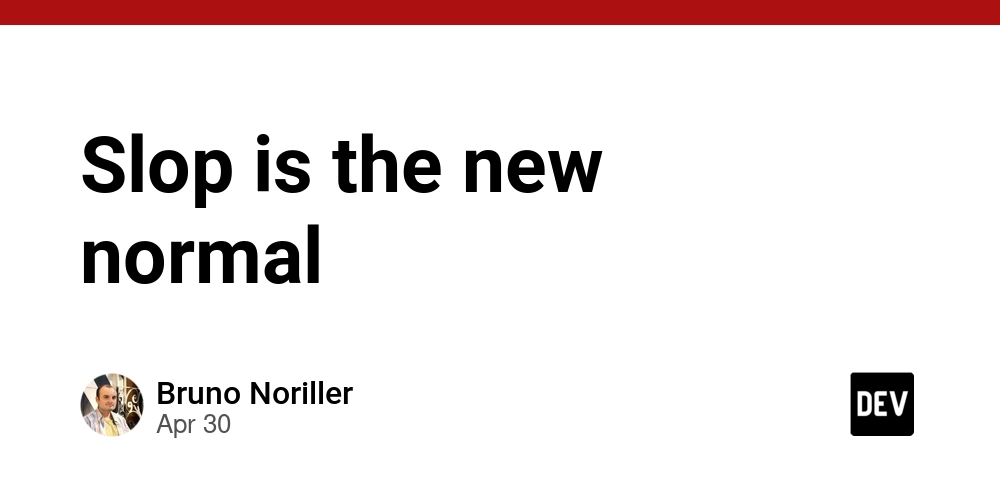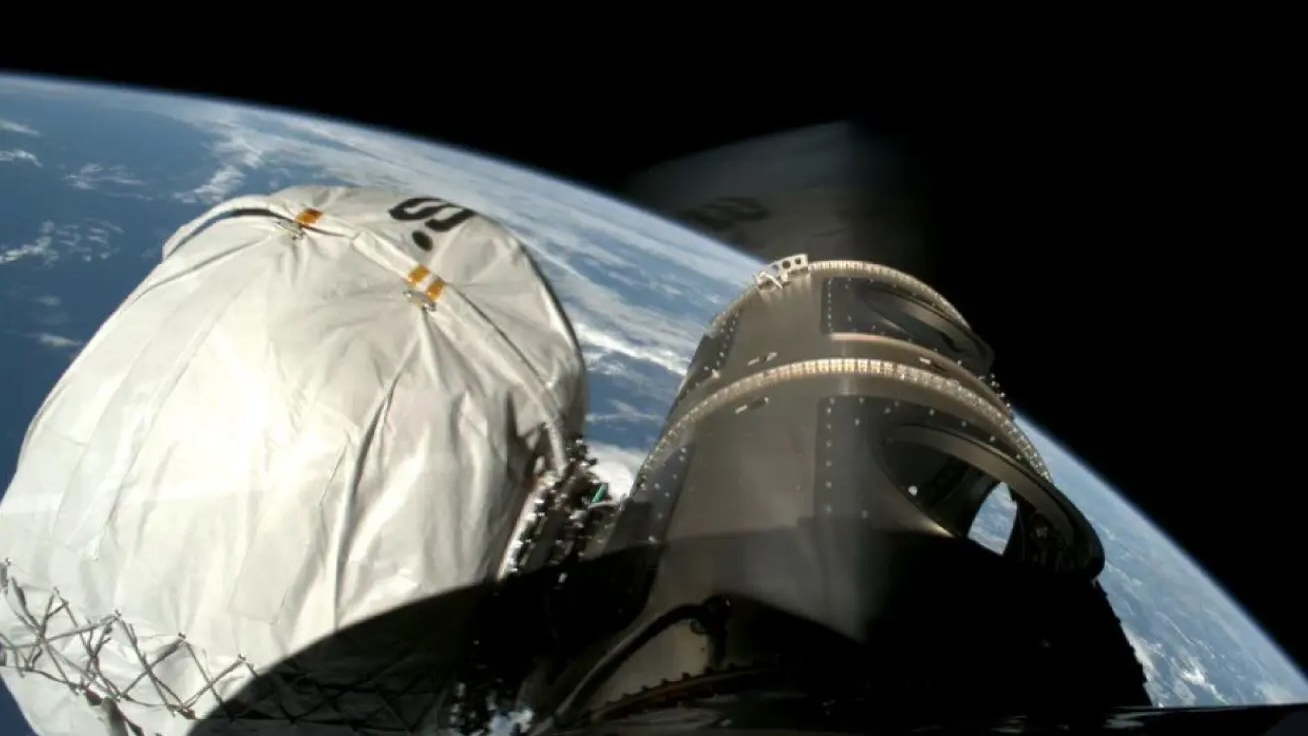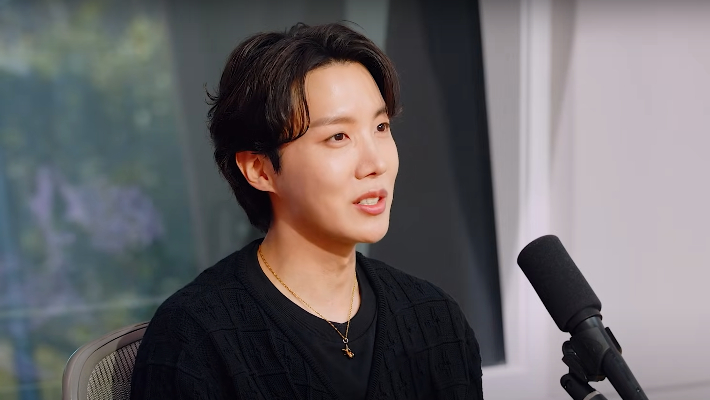When the going gets tough, Trump blinks
Time after time, the Trump administration goes off the rails, angers our allies and then claims an invisible victory while retreating.

President Trump, a self-proclaimed master dealmaker, is rapidly perfecting another art form during his second term: the “strategic” retreat.
Indeed, despite building his brand as a cutthroat negotiator, Trump is demonstrating a pattern of blinking and reversing himself when the pressure mounts.
Trump’s tendency to totally switch course — whether on tariff policies, firing Federal Reserve Chair Jerome Powell or foreign policy — raises serious questions about the substance of his showmanship, its impact on the American economy, and on our geopolitical standing.
Consider the events of just the past few weeks.
After publicly threatening to fire Powell over his refusal to lower interest rates — threats which sent financial markets into a spiral — Trump backtracked, telling reporters that he had “no intention” of firing the Fed chair.
Then, Trump and Treasury Secretary Scott Bessent acknowledged that the 145 percent tariffs on China, instituted just weeks earlier, are unsustainable and that they’d probably be cut in half.
Those two reversals come on the heels of Trump instituting a 90-day pause on the previously announced “reciprocal tariffs” on virtually every country in the world.
It did not end there.
On Friday, at the end of a week where the administration had worked to reduce the impact of its misguided global trade war, Time released an interview with Trump in which he said 50 percent tariffs on all imports a year from now would be a “total victory.”
In the absence of what New York Times columnist Brett Stephens called the “adult supervision” that often pushed back on Trump during the first term, such back and forth will likely be a regular feature of Trump’s second term.
To that end, Trump’s constant reversals in the face of pushback reveal certain insights that may help map out how the next three years will go.
Trump has made no secret that took office believing he had a mandate for a maximalist agenda that would radically expand presidential powers and reshape government.
However, as we have seen, when the resistance — either from polls, CEOs or financial markets — gets too severe, Trump will acknowledge that his grand vision does not align with reality.
Put another way, whether it is his declining poll numbers — just 37 percent of Americans approve of his handling of the economy per Reuters/Ipsos polling, a record low — or turmoil in the stock market, Trump seems to recognize, belatedly, that he can only push things so far.
Of course, Trump’s willingness to play chicken with the economy is likely to weigh on any future policies that boost growth.
It isn’t just the economy where Trump’s reversals undermine the strength and stability he was elected to provide. On foreign policy generally, and Iran specifically, the administration seems to change course almost daily.
After weeks of threatening military action to prevent Iran from acquiring nuclear weapons, the administration is now reportedly willing to accept an Iranian “civilian” nuclear program.
That concession to the ayatollah is a stark contradiction to a previous demand, made just last month, for a “full dismantlement” of Tehran’s nuclear program.
Undoubtedly, America’s enemies in China, Iran, Russia and North Korea are taking note of Trump’s tendency to reverse himself — for all of his bluster, he is likely to back down if enough pressure is applied.
At the same time, however, our friends and allies can take no comfort in the fact that they can never be sure which policies will be announced or repealed day to day.
Taken together, the unprecedented lack of clarity or consistency from this White House is damaging to America’s role on the world stage, and as Citadel CEO Ken Griffin, a Trump supporter, recently warned, putting the “brand” of the U.S. at risk.
In a world that is rapidly becoming multipolar, it also risks elevating China’s prestige and influence at the expense of the U.S.
As former Commerce Department official Elizabeth Economy put it, “This game of chicken has done nothing but enable Xi Jinping to boost his standing ... while the United States appears uninformed and unmoored.”
To be sure, there is some benefit to keeping our adversaries off-balance with a small degree of unpredictability, something former President Biden consistently failed to do.
That said, it must be measured and calculated. Time after time, the Trump administration goes off the rails, angers our allies and then claims an invisible victory while retreating.
Ultimately, the administration can try to spin these reversals as strategic brilliance, but that is not how the rest of the world sees them. The U.S. has historically been a pillar of stability, but those days are seemingly over.
Douglas E. Schoen is a political consultant who served as an adviser to President Clinton and to the 2020 presidential campaign of Michael Bloomberg. He is the author of “The End of Democracy? Russia and China on the Rise and America in Retreat.”











































































